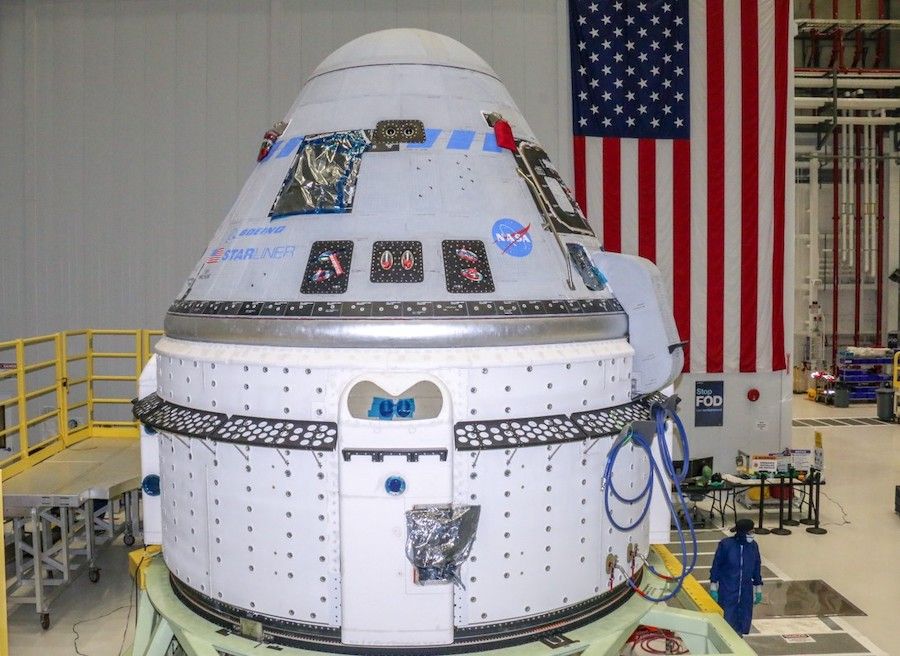Jun 23, 2021
The Army Might Really Build Walking War Machines
Posted by Quinn Sena in categories: biological, military
Scientists have given the all-clear.
A new study from U.S. Army Research Lab (ARL) scientists reveals there’s nothing stopping the military from producing walking combat vehicles—at least from a power perspective, anyway. The research shows legs use essentially the same amount of power as wheels or tracks, so there’s no disadvantage to using them.
In the PLoS ONE study, scientists say both artificial and biological locomotion systems—literally from 1 gram to 35-ton vehicles—have approximately the same power requirements to move a unit of mass over land. Animals or machines using legs, wheels, or tracks use the same amount of energy.
Continue reading “The Army Might Really Build Walking War Machines” »


















